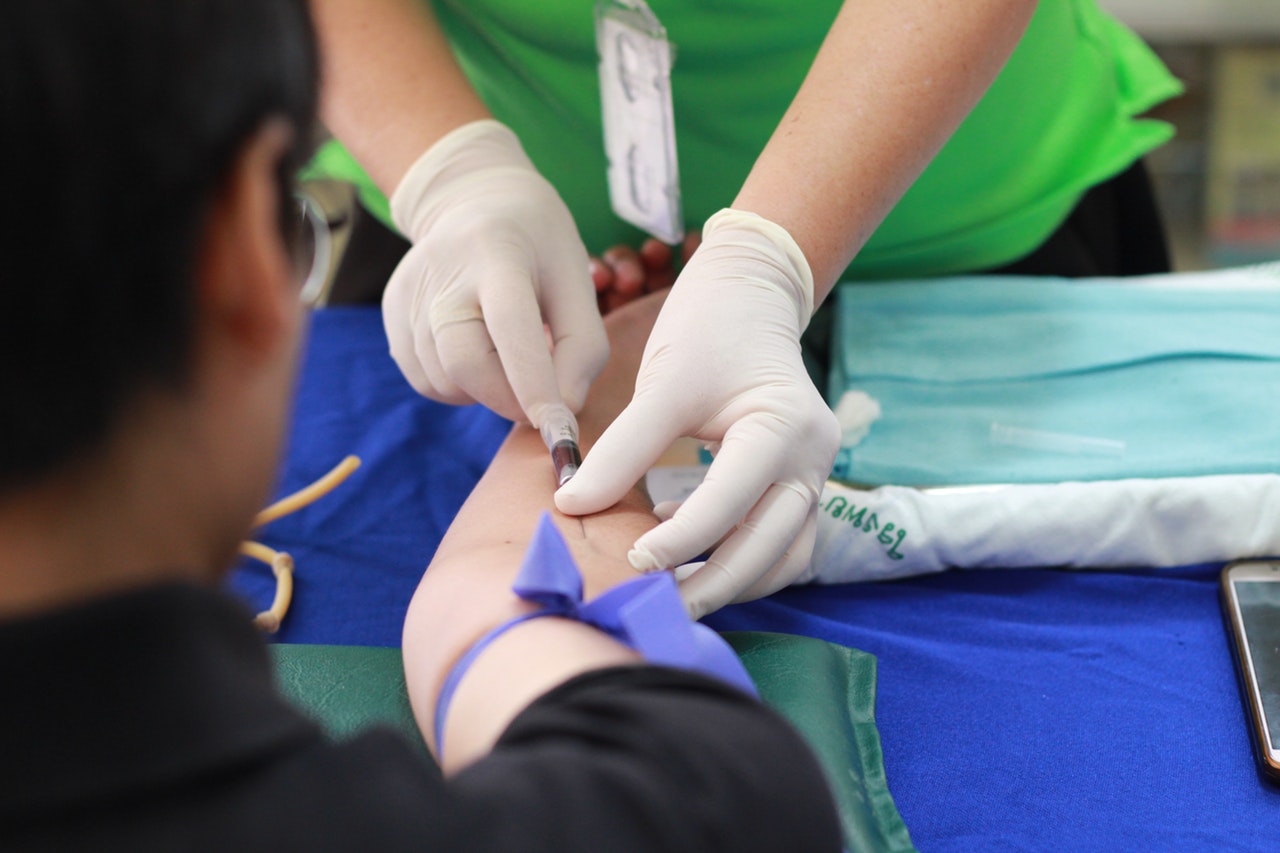Gay and bisexual men still face outdated restrictions on blood donation. (Pexels)
A study has revealed that when a lifetime ban on blood donation for queer men in the US was lifted, there was no “statistically significant” increase in HIV-positive blood.
New research has revealed that there was “no increase in HIV incidence or HIV transfusion transmission risk” after a 12-month deferral period for blood donation by queer men was implemented, highlighting the need for further reform of the rules.
Gay and bisexual men were banned for life from donating blood in the US at the height of the AIDS epidemic in 1985, and for 30 years afterwards.
In 2015, the US Food and Drug Administration (FDA) amended its rules, allowing queer men who had been celibate for 12 months to give blood.
In April this year, the FDA further relaxed these restrictions in response to blood shortages caused by the pandemic, meaning queer men must now abstain from sex for three months instead of 12 in order to be eligible.
A team of investigators at the University of California San Francisco (UCSF) worked with the Transfusion-Transmissible Infections Monitoring System (TTIMS) to examine data on first-time blood donations, from 15 months before the 12-month policy was put in place until two years afterwards.
In total, 4.8 million blood donations were analysed. The number of HIV-positive donations found in the entire study was 391.
Researchers found that while the lifetime ban for queer men was in place, 2.62 in every 100,000 first-time donors were HIV-positive. After the 12-month deferral period was put in place, this number was 2.85, meaning there was “no statistically significant change”.
They wrote: “These results indicate that the change from an indefinite deferral to a 12-month deterred after last MSM [men who have sex with men] sex did not result in a statistically significant increase in HIV incidence or in associated residual transfusion risk from first-time donors.
“This is in line with findings from other industrialised countries in which reduced deferral periods have been implemented.”
HIV specialists have warned that the reduction of the deferral period, from 12 months to three months, does not go far enough.
In April, more than 500 doctors and experts wrote an open letter to the FDA, calling for it to completely overturn the “scientifically outdated ban”.
They wrote: “Fortunately, we can reliably test for HIV using antigen-based assays and maintain the safety of the US blood supply.
“While the FDA’s recent decision to shorten the prohibition window to three months is a step in the right direction, it does not go far enough in reversing the unscientific ban… We are not advocating for relaxing standards that would compromise the safety of our blood supply.
“Instead, we advocate for scientifically-driven standards that uphold the utmost safety of the blood supply and simultaneously promote equity and reverse historical discrimination in blood donation.”
